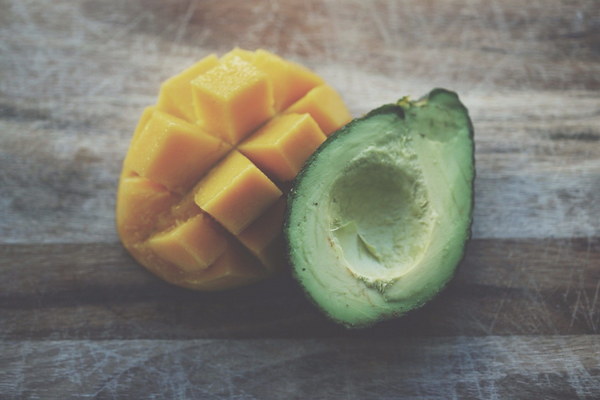Harmonizing Heart and Kidney A Traditional Chinese Medicine Perspective on Diagnosis and Treatment
In the realm of Traditional Chinese Medicine (TCM), the concept of harmonizing the heart and kidney holds a significant place. This article delves into the principles and practices of TCM in diagnosing and treating imbalances between the heart and kidney, offering insights into the ancient wisdom of this medicinal tradition.
The heart and kidney are considered the two primary organs that govern the emotional and physiological aspects of the human body. According to TCM, the heart is responsible for the circulation of blood and the mind's emotional state, while the kidney controls the essence of life, including growth, development, and reproduction. When these organs are in balance, the body functions optimally. However, imbalances can lead to various health issues.
Diagnosis in TCM is based on the principle of Yin and Yang, which represents the complementary and opposing forces that maintain harmony within the body. To diagnose imbalances between the heart and kidney, TCM practitioners observe the patient's physical and emotional symptoms, as well as their pulse and tongue.

Common symptoms indicating a heart-kidney imbalance include:
1. Insomnia or disturbed sleep patterns
2. Memory loss
3. Depression or mood swings
4. Low energy levels
5. Weakness or pain in the lower back and knees
6. Frequent urination or incontinence
7. Premature ejaculation or impotence in men
When diagnosing a heart-kidney imbalance, TCM practitioners may also consider the patient's lifestyle, diet, and environmental factors that may contribute to the condition.
Treatment in TCM aims to restore balance and harmony between the heart and kidney. This is achieved through various modalities, including herbal medicine, acupuncture, and dietary and lifestyle recommendations.
Herbal medicine plays a significant role in treating heart-kidney imbalances. Common herbal formulas used in TCM include:
1. Shen Nong's Pill (Shen Nong Bao Feng Wan): This formula strengthens the kidney and nourishes the heart, helping to alleviate symptoms such as insomnia and memory loss.
2. Ba Wei Di Huang Wan: This formula nourishes both the heart and kidney, addressing symptoms like low energy levels and weakness in the lower back and knees.
3. Gui Pi Wan: This formula focuses on the heart, treating symptoms such as mood swings and anxiety.
Acupuncture is another key treatment modality for heart-kidney imbalances. By inserting fine needles into specific points on the body, TCM practitioners can stimulate the flow of Qi (vital energy) and blood, restoring balance to the heart and kidney.
In addition to herbal medicine and acupuncture, TCM practitioners may recommend dietary and lifestyle changes to help restore harmony between the heart and kidney. These may include:
1. Eating a balanced diet rich in fruits, vegetables, whole grains, and lean proteins.
2. Avoiding excessive consumption of spicy, salty, and cold foods.
3. Engaging in regular physical activity, such as walking, yoga, or tai chi.
4. Practicing stress-reducing techniques, such as meditation, deep breathing exercises, or mindfulness.
By combining these treatment modalities, TCM offers a comprehensive approach to treating heart-kidney imbalances. This ancient medicinal tradition provides a valuable resource for those seeking holistic and natural solutions to improve their overall well-being.
In conclusion, the harmonization of the heart and kidney is a crucial aspect of TCM. By understanding the diagnostic and treatment principles of TCM, individuals can gain insight into the balance of these two vital organs and take steps to improve their health and well-being. As TCM continues to gain popularity worldwide, the wisdom of this ancient tradition offers a promising path to wellness for those seeking alternative and holistic healing methods.









